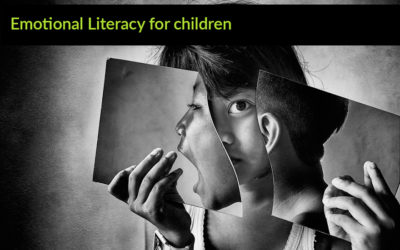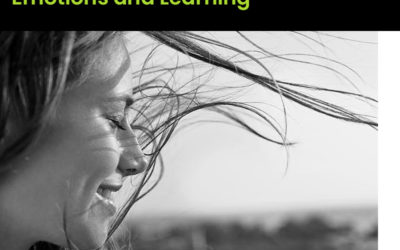and we never know where we’ll end up.
One of the great things about true conversations is that we end up learning things and exploring places we had no idea existed before. Sometimes they change the way we think and sometimes they reinforce it but somehow we see the world differently.
This week I am in Missouri where my father’s family originated visiting my mother and other relatives. I had a conversation with my uncle in which we were discussing the work I do with emotions. He is reviewing a draft of the book I am writing and offered his perspective. He spent many years as a minister and is also quite the student of critical thinking, the way beliefs come to be formed and how human beings understand the world around them. He shared with me that the writing I had done sounded very much like a branch of American philosophy called Pragmatism. The general idea being that meaning and trust of any idea is a function of its practical outcome. That hit home and I had no idea there was a long line of thinkers who had explored this idea.
My work in emotions has always been less about what is provable and scientifically irrefutable and more about what works. If it is useful to understand disappointment as “reality not behaving as you thought it would” and that helps you navigate life, then it is worthwhile. If there is a difference between empathy, sympathy, and compassion that gives you more options about how you interact with people then they are worth learning.
The philosopher Wittgenstein wrote something I always enjoy thinking about. He said, “If it is true that words have meanings, why don’t we throw away words and keep just the meanings?” My understanding of that is that we are always living in interpretations rather than definitions and it is our interpretation of what a thing means that is most important. Applying that to the area of Emotions And Learning means that it is useful for each of us to have an interpretation or clear understanding for ourselves of the meaning of the 250, or so, emotions that can be named.
Another of Wittgenstein’s quotes is that “the limits of my language means the limits of my world”. If we cannot name it our world is smaller than if we could. Spending time reflecting on the emotion I’m experiencing, naming it and considering what it means to me is a direct way of self-educating. So what does it mean to me to feel envy, greed, rage or joy? Simply being in that conversation with myself helps me increase my emotional capacity and intelligence.
A good conversation is a great thing. And we never know where we’ll end up.
If you find emotions challenging or annoying I invite you to a conversation about how you can learn to navigate them more easily. Perhaps, one day, they’ll become friends. Write to me at dan@schoolofemotions.world.




0 Comments